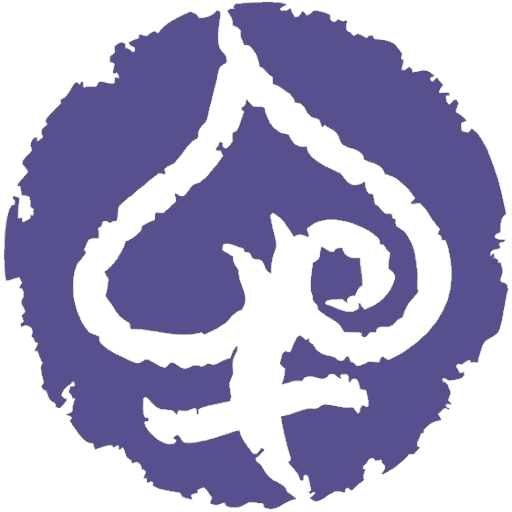Image credit: Veejay Villafranca / Pulitzer Center on Crisis Reporting. From Los Angeles Times.
Increasing HIV infection rates are raising fears that the Philippines is facing a public health crisis.
Since the Philippines reported its first case of HIV in 1984, the island nation has had one of the lowest rates of infection in the world; less than 1% of its 100 million population has been infected with the virus that causes AIDS.
But that may be changing.
Globally, new HIV infections have fallen dramatically in recent years, according to UNAIDS, the United Nations’ program to combat the disease. But in the Philippines, more than 20,000 new HIV infections were reported from 2010 to 2015 — more than four times as many as had been recorded in the 26 years before that.
A nationwide study conducted by the Department of Health showed that in some areas, infection rates among these groups were higher than 5%.
“That 5% threshold is like a tipping point,” said Dr. Genesis Samonte, head of the department’s HIV/AIDS monitoring and tracking unit. “There is already a large base of people who have the virus, so the rate of infection will be exponentially faster.”
“No one is saying ‘national emergency’ yet, but a lot of people are thinking it,” said HIV activist Tony Benfield.
But 30 years and many medical advancements later, HIV-related deaths are shrouded by attributing them to more socially acceptable diseases such as “hard-core pneumonia” or “brain tumor.”
Increasing condom use among men who have sex with men from its current level of 44% will mean overcoming social, religious and legal obstacles. Condoms are only sold in convenience stores and drug stores — mostly behind the counter.
In the heavily Roman Catholic country, condom ads and public service campaigns on HIV/AIDS are muted by protests from religious groups, which see them as promoting promiscuity.
And existing laws bar minors from getting an HIV test or being offered condoms from public health clinics without parental consent.
“It no longer responds to the current HIV situation,” said Rom Dongeto, executive director of the Philippine Legislators’ Committee on Population and Development. “Isn’t it baffling that the government has no massive and sustained information campaign about HIV and AIDS, given this dramatic increase in new infections? This is a public health issue that is exploding as we speak.”

